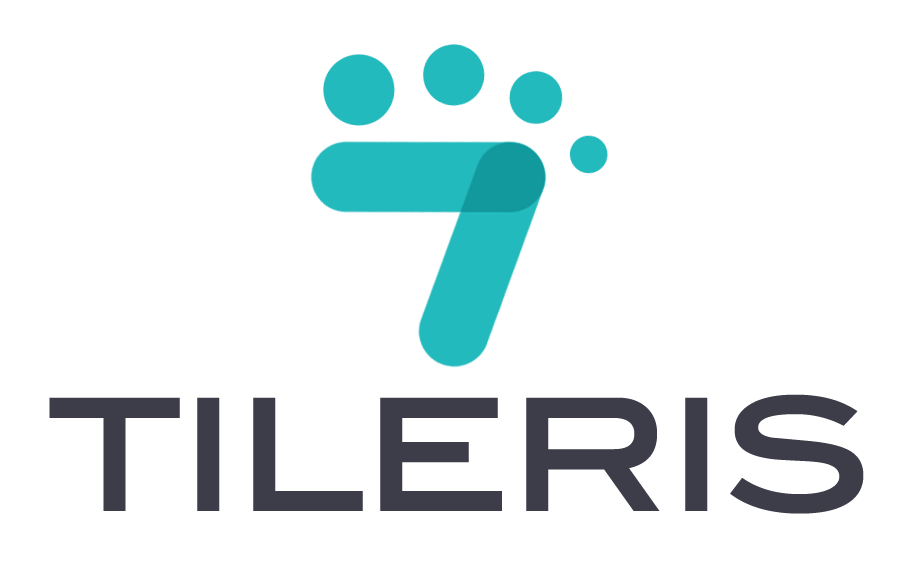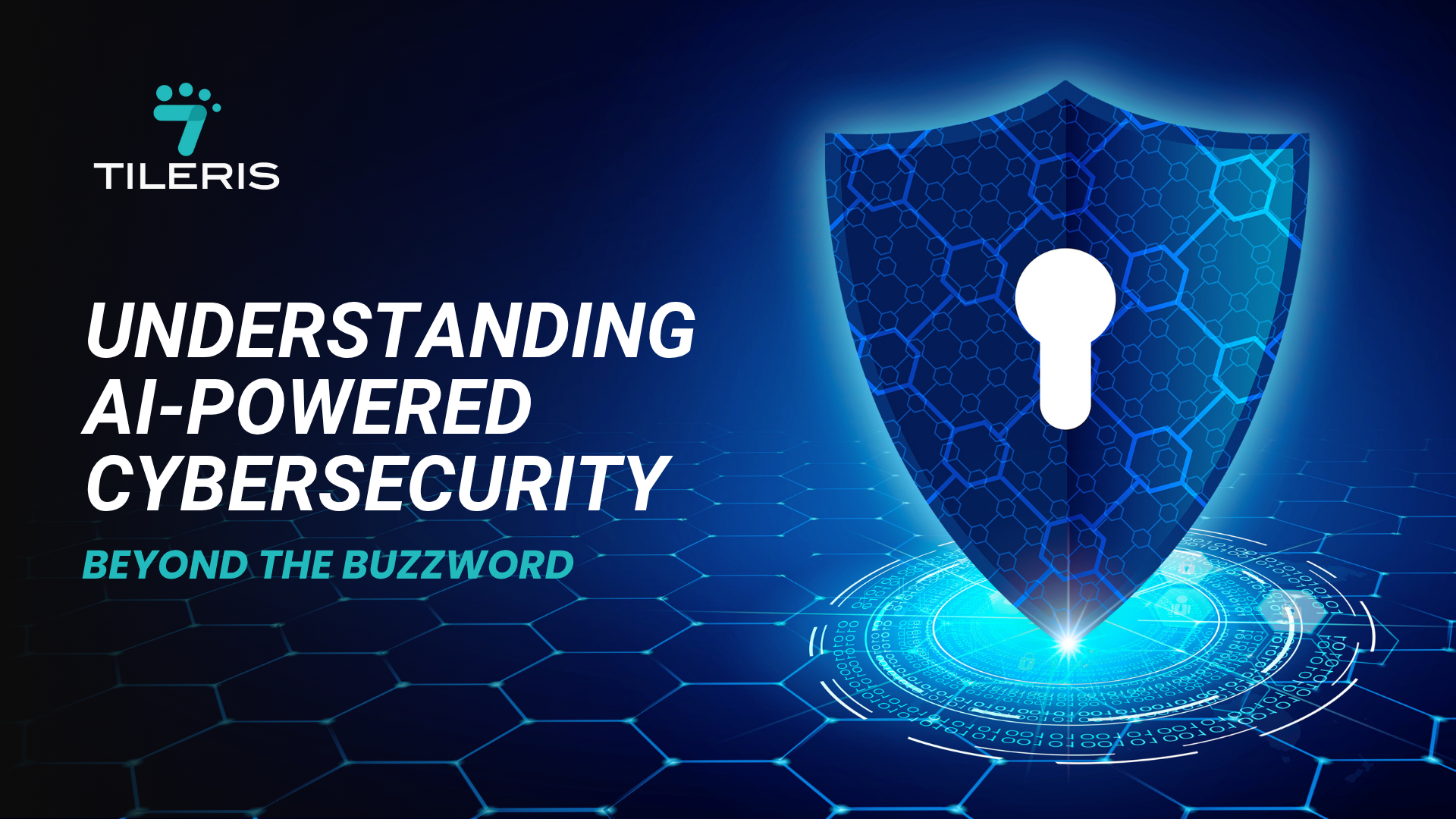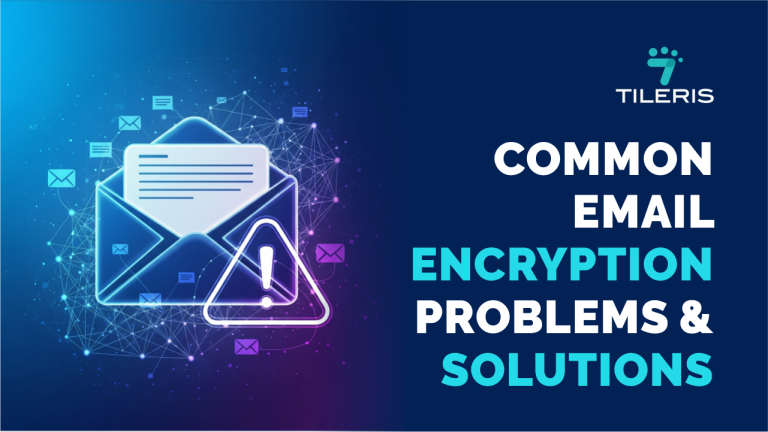Understanding AI-Powered Cybersecurity: Beyond the Buzzwords
Introduction
You’ve probably heard a lot about Artificial Intelligence (AI) and how the digital future is very dependent on it. Or even used it a few times! It’s in the news, in movies, and increasingly, in the tools we use every day. One area where AI is making a significant impact is in keeping the digital world safe, in cyber security. But what exactly does “AI-powered cybersecurity” mean, and why should you care? Let’s break it down in simple terms to understand what’s really going on.
AI and Cybersecurity: A Simple Explanation
Think of cybersecurity as the digital shield that protects your computers, phones, websites, and all the information stored on them from hackers online. Now, imagine giving that shield an intelligence that is automated. That is essentially AI-powered cybersecurity. These AI systems can work alongside security tools already in place, making them much more effective at spotting and stopping attacks.
Key AI Buzzwords Explained
You might hear some fancy terms when people talk about AI. Let’s simplify a few of these:
1. Machine Learning (ML)
This is a sub-field of AI-powered cybersecurity that focuses on building systems that can learn from data without programming. The perfect “learn from experience” example. Computers learn from data without being specifically told what to look for. It is like teaching a young child to recognize different things by showing them the patterns.
2. Deep Learning (DL)
According to IBM, deep learning is a subset of machine learning that uses multilayered neural networks to simulate the complex decision-making power of the human brain. This is a more advanced kind of ML that uses complex layers to analyze really complicated information like images, videos, or even the way people write. Think of it as computers processing data in a way inspired by the human brain. Virtual AI assistants, like Siri, are good examples.
3. Algorithms
Simply put, these are sets of rules or instructions that AI-powered cybersecurity systems follow to analyze data and make decisions. They’re like the guidelines that the AI “brain” follows!
5 Things AI can do in cyber security
The world of cyber threats is getting more complex every day. Attackers are finding new ways to break into systems and steal information. AI-powered cybersecurity improves this a whole lot because of its automated processes. This is where AI offers some powerful advantages:
1. Handling large amounts of data
Cyber security systems create a massive amount of information every second. According to reports, the global AI-powered cybersecurity market is booming, projected to reach a staggering $219.53 billion by 2034. This huge growth shows how much the industry believes in AI’s ability to handle this data overload. AI can go through this huge amount of information much faster than humans, spotting even the tiniest clues that might indicate an attack.
2. Reducing false alarms
Security teams are often bombarded with alerts, many of which turn out to be false. AI can help filter out these false alarms through Security Orchestration Automation and Response (SOAR), allowing security experts to focus on the real threats. In fact, AI-powered cybersecurity improves overall Security Operations Center (SOC) efficiency by 95%.
3. Identifying the unknown
Security tools already in place are sometimes good at recognizing threats they’ve seen before. But what about brand new attacks? This is where AI-powered cybersecurity shines. By learning what “normal” activity looks like on a network or computer, AI can identify anything that looks abnormal or suspicious, even if it’s never seen that specific type of attack before.
4. Lightning-Fast Responses
When a cyber attack happens, every second counts as damage increases the second. AI can help security systems look out for faster than humans. For example, according to Jump Cloud, organizations with AI-powered threat detection contained breaches in an average of 214 days, significantly faster than those without. This speed can dramatically reduce the damage caused by an attack. See Here!
5. Getting smarter over time
Just like we learn from experience, AI-powered cybersecurity systems that use machine learning get better with more data analyzed. They learn from past attacks and adapt to new threats, making them more effective over time.
A Good Example: Threat Hunting
AI-powered cybersecurity isn’t just a futuristic idea; it’s being used in cyber security tools right now in a wide range. A good example is smarter threat hunting. Threat hunting simply means actively searching for signs of malicious activities or potential security threats. AI algorithms can analyze how files and programs behave on a computer network. If something starts acting suspiciously, like a normal document suddenly trying to connect to a strange website, AI can flag it for investigation.
It can also look out for phishing emails. AI can analyze the content of emails, the sender’s address, and even the writing style to identify and block these malicious messages with a high success rate. And finally, it can find weak spots automatically. AI-powered tools can scan computer systems and networks to automatically identify security weaknesses or vulnerabilities that attackers could exploit. It can also learn how different users in a company typically behave. If someone’s activity suddenly changes drastically, like accessing unusual files late at night, AI can raise a red flag, which could indicate a compromised account or a malicious insider.
The Reality Check: AI Isn’t as Perfect (Yet!)
While AI offers incredible potential, it’s important to be realistic. Here are four things to consider.
1. The GIGO rule
AI is only as good as the information it learns from. If the data used to train an AI system is flawed or incomplete, theAI-powered cybersecurity might not be very effective at spotting threats.
2. Attackers also use AI
Just like cybersecurity companies are using AI to defend, attackers also use AI-powered cybersecurity to create more sophisticated and harder-to-detect attacks. In fact, a significant 87% of organizations faced an AI-powered cyber attack in the past year. This is a never ending race!
3. Humans still matter
AI can automate many tasks, but human security experts are still crucial for understanding complex attacks, making decisions, and dealing with situations that the AI hasn’t seen before.
4. Ethical Questions
As AI-powered cybersecurity becomes more powerful, we also need to think about ethical considerations, like potential biases in AI algorithms that could lead to unfair or inaccurate decision being made in cyber security.
Conclusion
The Future is Intelligent
AI is really changing the landscape of cyber security. As AI technology continues to expand, we can expect even more sophisticated and effective AI-powered security tools. However, it’s important to remember that AI-powered cybersecurity is a powerful tool, but it’s not magical. IBM positions AI as a way to augment and empower human security analysts, rather than replace them entirely. A strong cyber security strategy will always need a combination of smart technology, well-trained people, and robust processes.
Frequently Asked Questions
Are you ready to leverage the power of AI in Cybersecurity? At Tileris, we offer expert guidance and solutions to improve your cyber security defenses, ensuring you’re protected against both current and future threats. Request your own free consultation now! Visit Tileris!






